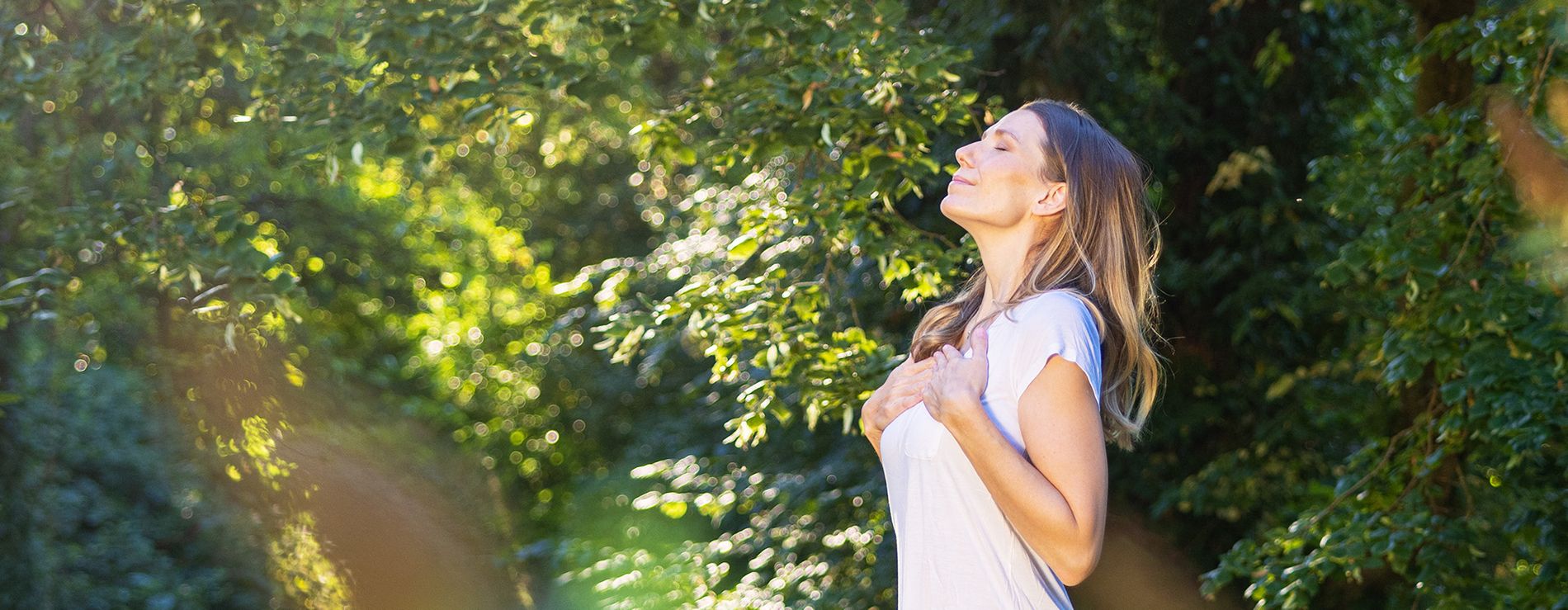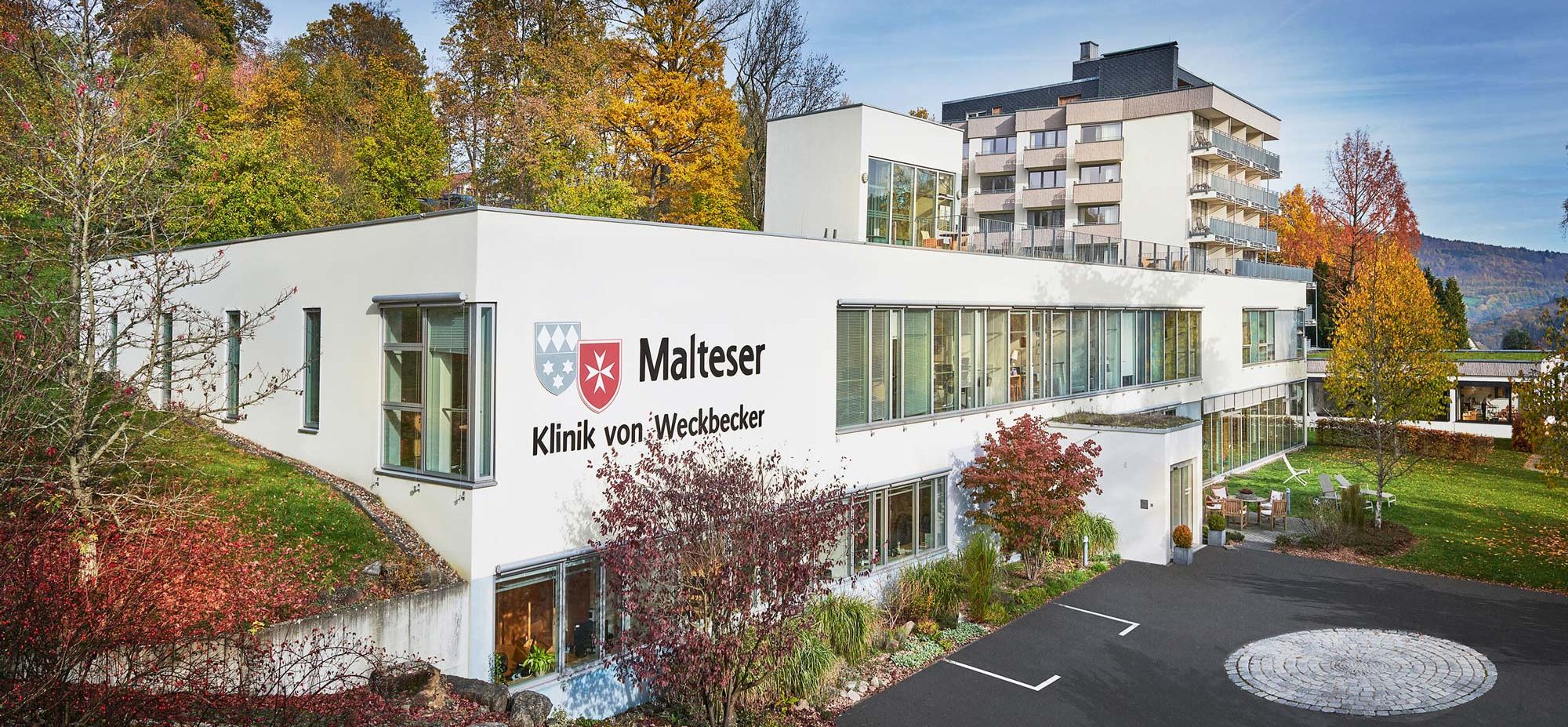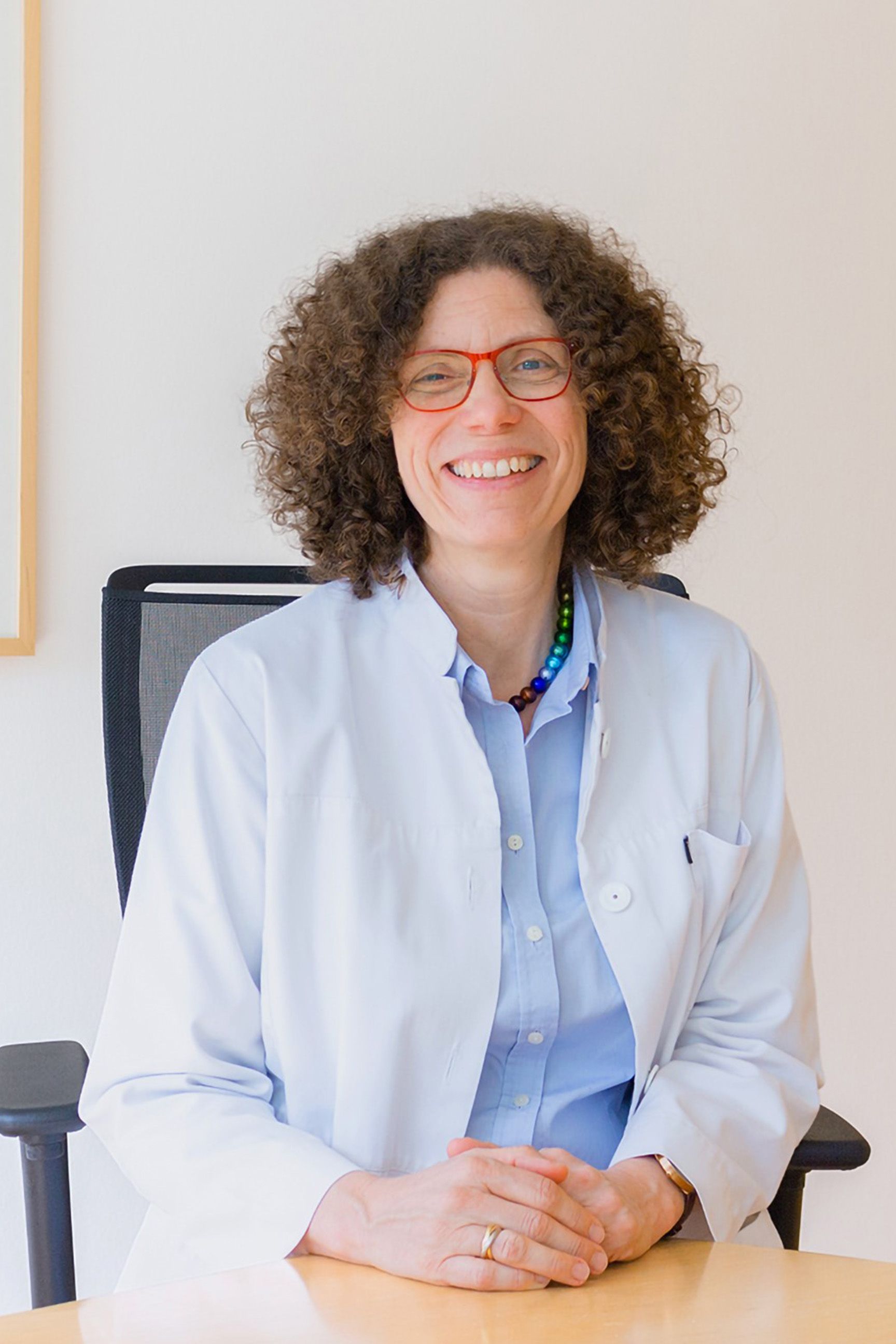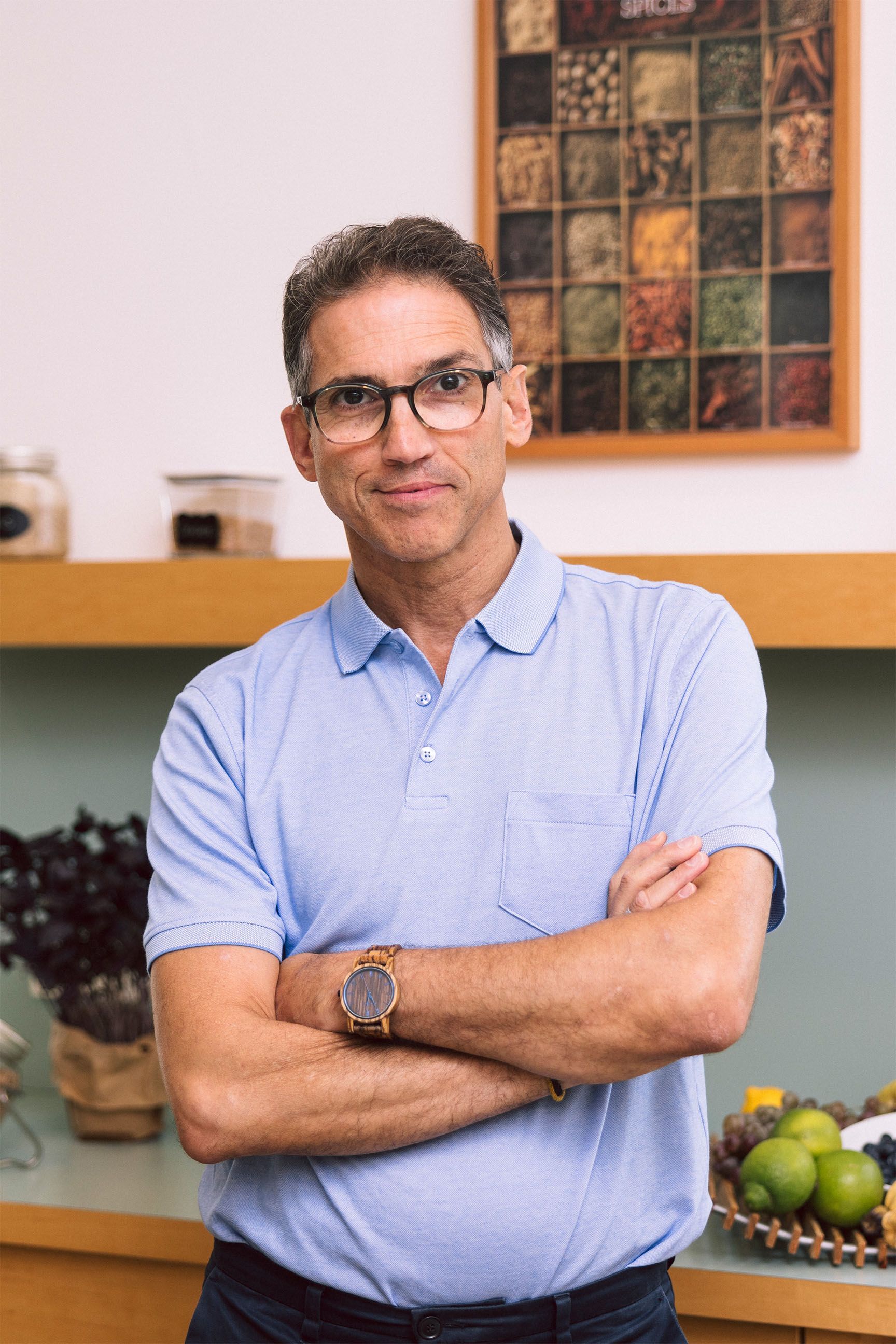ANDREA CHIAPPA:
In principle, daily physical exercise, like fasting therapy, can be described as a ‘broad-spectrum therapy’. And even during fasting, it is advisable to incorporate light exercise every day to strengthen the body. However, the intensity should be adjusted individually. Listening to your own limits is crucial. The following rule offers good guidance: get out of breath briefly and work up a light sweat.
DR. MED. YVONNE HÖFER:
That's right, overexertion should be avoided at all costs. For example, daily walks of 30 to 60 minutes or gentle yoga and stretching are suitable. Moderate exercise trains the muscles and cardiovascular system and promotes fat burning. Fasting produces acids in the body, which are better exhaled through more intensive breathing and can be released through the skin through sweating. Of course, it is important to drink enough after exercise.
DR. MED. YVONNE HÖFER:
In addition to the fasting meals, we recommend drinking at least 2 to 3 litres a day to avoid dehydration. Water, unsweetened herbal teas or vegetable broth, drunk slowly in sips, are best. Alcohol, on the other hand, should be avoided as it burdens the metabolism and has a dehydrating effect.
ANDREA CHIAPPA:
It should also be borne in mind that even herbal teas can have undesirable pharmacological effects if drunk in excess. Therefore, when drinking tea, it is better to drink it diluted, and an additional rule is to pay attention to the colour of your urine. This can indicate whether an additional glass of liquid is required. Light yellow, clear urine indicates good hydration, while darker-coloured urine can indicate an increased need for fluids. It is best to drink regularly and in sips throughout the day to ensure an even fluid intake.
DR. MED. YVONNE HÖFER:
There are numerous approaches to enhance the positive effect of fasting. For example, the liver package, which uses hot and humid heat to increase the blood flow to the liver - and therefore its functions and detoxification work. Hydrotherapy is also particularly effective: the various baths and casts promote blood circulation, stimulate the organ systems and support the elimination of metabolic products. Special infusions can also specifically support the body in the fasting and self-healing process. And, of course, manual therapies and massages should also be mentioned here, which can activate the lymph flow and promote relaxation, among other things. We offer all of these in our clinic as accompanying measures to intensify the fasting process and enable comprehensive regeneration of body and mind.
ANDREA CHIAPPA:
Not forgetting the relaxation therapy, spirituality and psychotherapeutic aspects that can have a positive influence on fasting. By reducing stress and tension, the fasting process becomes easier for body, mind and soul. And with the right support, as in our clinic, it can be experienced more intensively: Helpful dialogue with our chaplains, daily devotions in our clinic chapel and group sessions on mindfulness and resilience can help to add depth to the fasting experience and overcome emotional challenges.
ANDREA CHIAPPA:
Fasting in community offers numerous benefits. One of the most important is the social support that comes from creating a community. People who are fasting can motivate each other and share their experiences. This not only strengthens cohesion, but also contributes to a more intense fasting experience. The ‘commitment’ to the group increases individual stamina and helps to resist temptations. In addition, shared rituals and structures deepen the experience and create a sense of belonging.
DR. MED. YVONNE HÖFER:
A holistic approach to diet and lifestyle is crucial to maintaining the benefits of fasting in the long term. A conscious diet after fasting is important, especially the slow reintroduction of healthy foods such as fruit, vegetables and wholemeal products. Regular fasting days are also useful. Intermittent fasting or one day a week on which you only eat light meals is a great way to extend the effects of fasting into your everyday life. If you then maintain gratitude towards your own body in addition to a conscious diet and integrate the knowledge you have gained about yourself and your life into your everyday life, the fasting experience can be the beginning of long-term well-being.
ANDREA CHIAPPA:
Not forgetting the relaxation therapy, spirituality and psychotherapeutic aspects that can have a positive influence on fasting. By reducing stress and tension, the fasting process becomes easier for body, mind and soul. And with the right support, as in our clinic, it can be experienced more intensively: Helpful dialogue with our chaplains, daily devotions in our clinic chapel and group sessions on mindfulness and resilience can help to add depth to the fasting experience and overcome emotional challenges.
DR. MED. YVONNE HÖFER
Specialist in general medicine, naturopathy, nutritional medicine, fasting doctor, further training in specialised psychotherapy
Early on in her medical career, Dr Yvonne Höfer recognised her passion for holistic approaches to health and the crucial role of nutrition in the treatment of chronic illnesses. As a representative of integrative medicine, Dr Höfer believes that the main goal is to treat the cause of illness: ‘Civilisation diseases are on the increase and require interdisciplinary therapeutic approaches that address the cause. Nutritional and fasting therapy offers an effective treatment option here.’ At the Malteser Klinik von Weckbecker, she wants to work with the entire team to offer patients the best possible care and support on their path to sustainable health.
DIPL. OEC. TROPH. ANDREA CHIAPPA
Andrea Chiappa is a qualified ecotrophologist and medically certified fasting instructor (dfa - German Fasting Academy) and has been in charge of the nutrition department of the clinic since March 2022. He previously worked as a nutritional therapist, lecturer and teacher for numerous fasting and health facilities.
‘Fasting and switching to an alkaline, vegetable-oriented diet creates the conditions in the body for the therapies and naturopathic applications of the clinic programs to take full effect,’ says Andrea Chiappa, a qualified ecotrophologist and Head of Nutrition. To ensure a lasting effect, the nutritional therapists use educational kitchens, one-to-one discussions, lectures and shopping training sessions to teach people how to adopt a healthier diet in everyday life in the long term. Together with the kitchen and service, the team aims to show that enjoyment and healthy eating are not a contradiction in terms.



